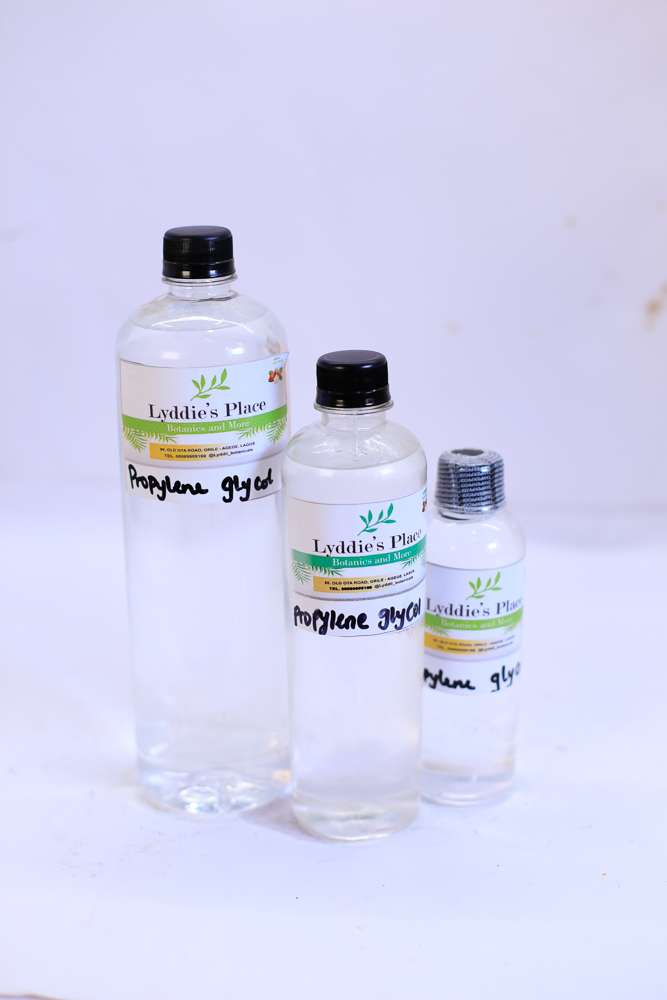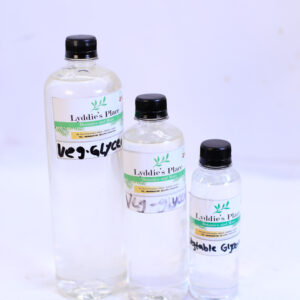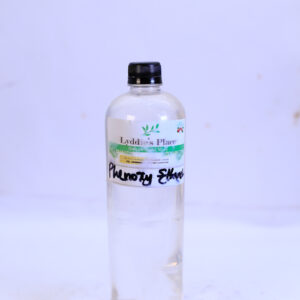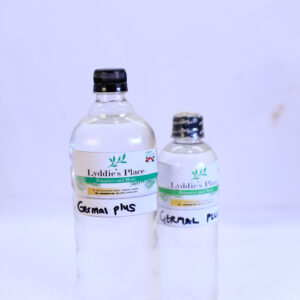Propylene Glycol (PG)
A Versatile Humectant, Solvent, and Penetration Enhancer in Skincare
Overview
Propylene Glycol (PG) is a synthetic organic compound (diol alcohol) widely used in cosmetics, pharmaceuticals, and food. It is water-soluble, odorless, and colorless, functioning primarily as a:
- Humectant: Draws moisture into the skin.
- Solvent: Dissolves active ingredients for even distribution.
- Penetration Enhancer: Improves absorption of other compounds.
- Preservative Aid: Reduces water activity, extending shelf life (though not a standalone preservative).
Key Functions in Skincare
- Hydration:
- Binds water to skin, preventing moisture loss (similar to glycerin but lighter).
- Ideal for lightweight serums and lotions.
- Stabilization:
- Prevents separation of oil-water emulsions (e.g., creams, toners).
- Carrier for Actives:
- Enhances delivery of vitamins, antioxidants, and acids (e.g., hyaluronic acid, retinol).
- Texture Improvement:
- Creates smooth, non-greasy formulas.
Safety & Controversies
- FDA & CIR Approval: Recognized as safe for topical use at concentrations ≤50% (typically used at 1–30%).
- Irritation Risk:
- Rare but possible in sensitive skin (patch-test).
- Avoid in compromised skin (e.g., eczema).
- Misconceptions:
- Not Ethylene Glycol: PG is non-toxic and distinct from the toxic antifreeze agent (ethylene glycol).
- Allergic reactions are uncommon (<2% of users).




